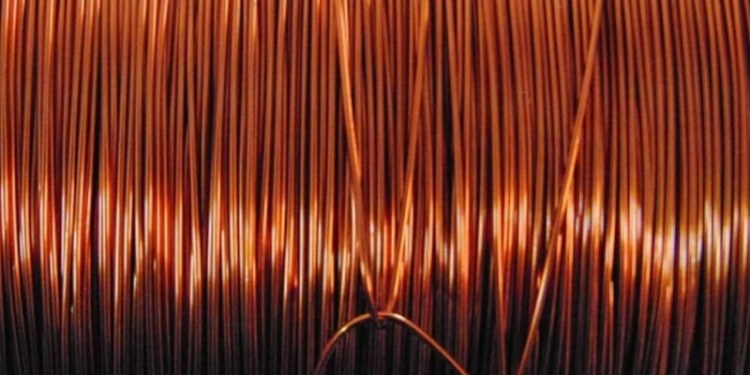Asian acrylonitrile prices surged week on week after Friday’s declaration by Ineos Nitriles of force majeure on ACN supplies at its Green Lake plant in Texas, industry sources said.
Market participants said most of Asia would be hit, but that China would be spared due to a well supplied domestic market. CFR South Asia and CFR Southeast Asian prices rose $50 on the week to $1,225/mt and $1,210/mt respectively while the CFR Far East Asia marker lagged behind only rising $5 over the same period to $1,160/mt Tuesday.
A China-based source said the relatively new plants of Secco and Sailboat, which produce a combined 520,000 mt a year of ACN, were enough to cover demand.
A second China-based end user said he would only purchase more supply domestically.
The domestic price was heard at about Yuan 8,800/mt Tuesday down from Yuan 9,000/mt heard last week. That is equivalent to $1,090/mt CFR China on an import-parity basis, well below international spot prices.
However, those needing cargoes from the international spot market could expect to pay higher prices, industry sources said.
Several suppliers said that there were no firm offers in the market right now and selling indications have definitely adjusted higher, with most saying $1,250-$1,300/mt CFR Far East Asia notionally. That is $50 higher than the $1,200/mt at least a couple of weeks back.
“I did not make an official offer…but for sure it is upwards but how much we are not sure, $50 up, $100 up, I don’t know yet. August, September should be tight but the real impact will be in the fourth quarter,” a third source based in Northeast Asia said.
The news has come at a time when the Asian market was already very tight, with July and August already well supported because of a heavy turnaround season even before Ineos caught market participants off guard. “The major impact is that there would be less term and spot cargo from the US to Asia, and some downstream producers need to find some spots from the market in the next few months,” the first China-based market source also said.
The third NE Asian source also said the force majeure translated into a shortfall of around 40,000 mt a month. He expected the operating rate at the plant to be very low, even 10%.
The issue started due to a shutdown of a nearby chemical-grade propylene pipeline, owned by ExxonMobil Chemical, which was the primary source of feedstock for the plant.
Meanwhile, sources said that the downstream acrylic fiber market has remained sluggish. The first source said that acrylic fiber production rates in China have dropped recently, falling by about an average of 80%-60% in general.
Several sources said that the downstream acrylonitrile-butadiene-styrene market however could be a key supportive factor for now as the market was more bullish than acrylic fiber.




























